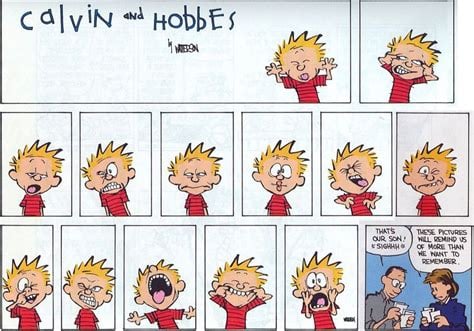You know there's more to it than just raw copper, right?
The cable itself, insulation, active cooling, labor, complicated build process, specialized installation, etc.
Don't be daft.
You know there's more to it than just raw copper, right?
The cable itself, insulation, active cooling, labor, complicated build process, specialized installation, etc.
Don't be daft.
According to the Bible, God never gave man free will. He only gave us the free will to accept the knowledge of actions. However, it reads more like how you would think of a child as innocent – humans didn't know what was good or bad. Of course, the Garden of Eden was never real and the story was just a story.
However, the Bible also states that the reason we have free will is because love and good aren't forced. You can't love someone or perform a good deed if those are your only options. You have to choose to do so. The angels also had free will which is what led to Lucifer and his followers.
I'm not religious anymore, but my parents are still super Catholic. My dad taught Sunday school growing up and still works for a church while my mom is a teacher at a Catholic high school.
I'm also in the Midwest (Indiana) and have the opposite experience.
They might not be perfect homophones but you're rarely using a full hard T sound. Usually something between a d and t sound.
And the face is always one of these.

There was a school shooting on the same day Thompson was killed. Without looking it up, can anyone name a single victim?
I'm not saying I support murder, but I don't understand why I should care more about his life than those who are objectively more innocent.
A little tip - put a small pad of butter on the pan first, let it melt, and then spread it out. The pan will be the perfect temp for the eggs and it'll make them a bit better.
Also, add a couple tablespoons of milk to the eggs. It will make them smoother and fluffier.
Gag orders in the US are issued very rarely.
So you knew all the stories of American food portions and you still chose to order a meal that even we call "large"?

The expected lifespan for someone his age is about another 9 years per the SS actuarial data.
Well, in addition to his attempt to ban milfepristone, he also ruled that the Biden administration could not enact protections for transgender employees.
Why? Well, sure, Title VII protects transgender individuals from discrimination, but that doesn't mean it protects any of their conduct, actions, or anything else. So you can't fire someone for being trans, but the moment they "act" trans, present as the opposite gender, ask for you to use their pronouns, etc., it's completely different and they totally can be fired.
He's constantly choosing to selectively ignore parts of the legal code so it fits his view better. He believes he has the power to redefine words - once demanding that the lawyers on both sides use the term "unborn baby" instead of "fetus" because he says fetus is a made-up word and a liberal plot.
He also tried to overturn the ACA... In 2022.
Unlike every other judicial district in America, Northern Texas does not assign cases to any district judge at random. Instead, they limit assignments to judges who are within the division the case was filed in.
Since he's the only judge in the Amarillo Division, you can guarantee a hyperpartison super-conservative judge if you file there.
Here's a nice quote from The Communist Manifesto:
Ah shit, never mind. This was from Adam Smith's The Wealth of Nations